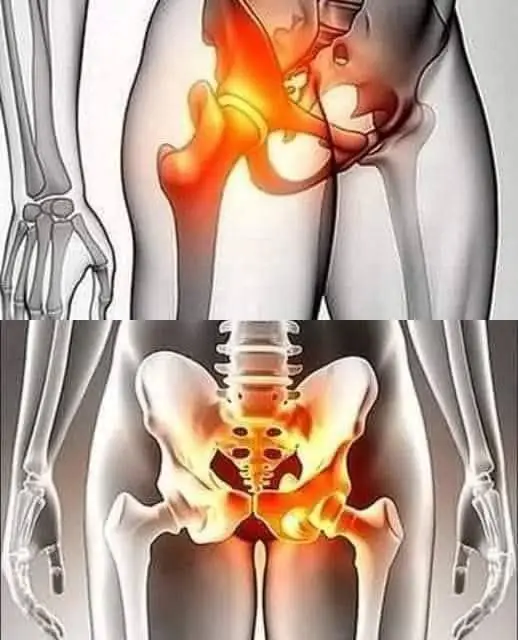
Joint pain can be a frustrating and persistent issue that affects daily life. While factors like age, genetics, and physical activity play a role in joint health, your diet can also have a significant impact. Certain foods can trigger inflammation, worsen arthritis symptoms, and contribute to pain and stiffness. If you suffer from joint pain, eliminating these inflammatory foods from your diet may help reduce discomfort and improve mobility.
1. Processed and Fried Foods
Fast food, packaged snacks, and deep-fried items contain trans fats and high levels of refined oils that promote inflammation. These foods can increase oxidative stress in the body, worsening joint pain over time. Opt for healthier cooking methods like baking, steaming, or grilling to reduce inflammation.
2. Sugary Beverages and Sweets
Excess sugar consumption has been linked to increased inflammation, which can aggravate joint pain. Sugary drinks like sodas, fruit juices with added sugar, and candy can trigger the release of inflammatory cytokines, making conditions like arthritis more painful. Choosing natural sweeteners or cutting down on added sugars can help manage symptoms.
3. Red and Processed Meats
Red meats and processed meats like sausages, bacon, and hot dogs contain high levels of saturated fats and advanced glycation end products (AGEs), which contribute to inflammation. Studies suggest that a diet rich in plant-based proteins, such as lentils, beans, and tofu, may help reduce joint pain and inflammation.
4. Dairy Products
For some people, dairy products like milk, cheese, and butter can worsen joint pain due to their high protein content, which may contribute to inflammation in sensitive individuals. If you suspect dairy is triggering your symptoms, try switching to plant-based alternatives like almond milk or coconut-based products.
5. Refined Carbohydrates
White bread, pasta, pastries, and other refined grains have a high glycemic index, which can cause spikes in blood sugar levels and promote inflammation. Whole grains like quinoa, brown rice, and whole wheat alternatives can help stabilize blood sugar levels and support joint health.
6. Alcohol and Caffeinated Beverages
Excessive alcohol consumption can lead to dehydration and increase inflammation in the body, potentially worsening joint pain. Similarly, too much caffeine can disrupt sleep patterns, which are crucial for joint recovery. Moderation is key when consuming these beverages.
7. Salt and Preservatives
High sodium intake can contribute to water retention and swelling, which may worsen joint pain. Processed and canned foods often contain excessive amounts of salt and preservatives. Choosing fresh, whole foods and using herbs and spices instead of salt can help alleviate symptoms.



